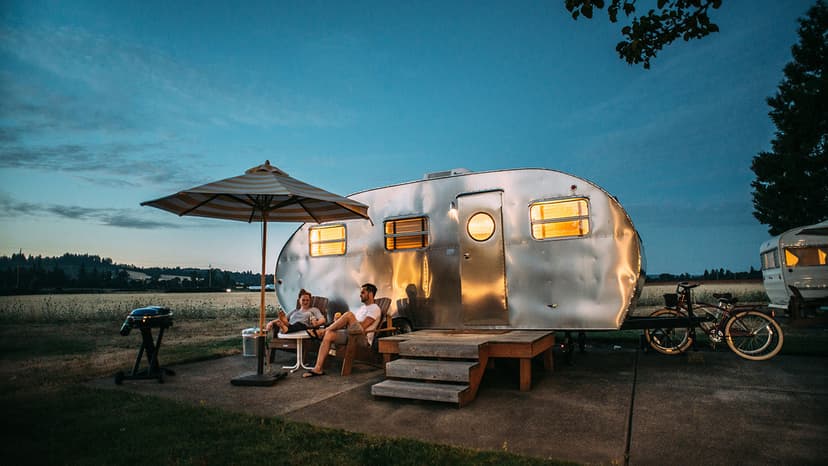Emergency Numbers in Canada: Your Immediate Line to Safety
Knowing the emergency contact numbers in Canada is vital for everyone, whether you're a resident or just visiting. Canada has specific numbers for emergency services that can be dialed for free from any phone.
The Magic Number: 911
The primary emergency number in Canada is 911. This three-digit number connects you to an operator who can send police, fire, or medical assistance to your location.
Dial 911 for:
- A fire in your area
- Witnessing a crime in progress or being a victim of one
- A serious road traffic accident
- A life-threatening medical emergency, such as a heart attack or severe injury
If you accidentally call 911, do not hang up. Stay on the line and inform the operator that it was a mistake. This helps prevent unnecessary responses from emergency services.
Non-Emergency Numbers: For Less Urgent Matters
For less urgent situations that do not require immediate intervention, non-emergency numbers are available. These connect you to local police, fire departments, and healthcare providers for issues that do not threaten life or property. Each city or municipality has its own non-emergency numbers, so it’s a good idea to keep a list handy.
You may want to report:
- Lost or stolen property that isn't time-sensitive
- Minor traffic incidents without injuries
- Suspicious behavior that does not need immediate police presence
Special Emergency Numbers for Particular Needs
In addition to 911, Canada offers specialized numbers for specific situations.
Poison Control
If someone ingests something toxic, poison control centers can provide guidance. The number can vary by province or territory, so check your local poison control contact.
Kids Help Phone
Young people can access support through Kids Help Phone, which is available 24/7. They can call 1-800-668-6868 or visit Kids Help Phone for confidential assistance.
811: Health Information and Advice
In many regions, dialing 811 connects you to a healthcare professional who can provide advice on non-emergency health issues and guide you on whether to seek in-person care.
Be Prepared: Know Your Local Numbers
Familiarize yourself with the local emergency and non-emergency numbers relevant to your area. Canada is large, and these numbers may differ by region.
Prepare a quick-reference list containing local non-emergency police and fire numbers, poison control, and health advice lines. Keep this list somewhere accessible at home, and save these numbers on your mobile phone.
Additionally, for hearing-impaired individuals, some regions offer a text-to-911 service that requires prior registration. Check local resources for details on how to set this up.
Knowing the right emergency and non-emergency numbers in Canada can save lives, protect property, and offer peace of mind. Always remain calm, and remember that help is just a phone call away.












